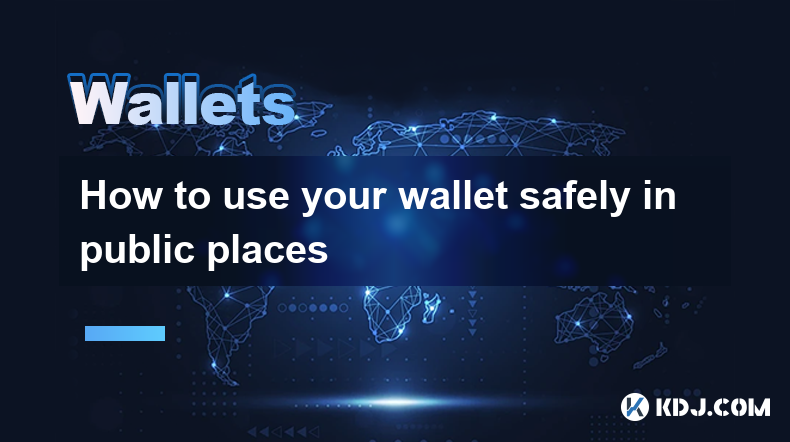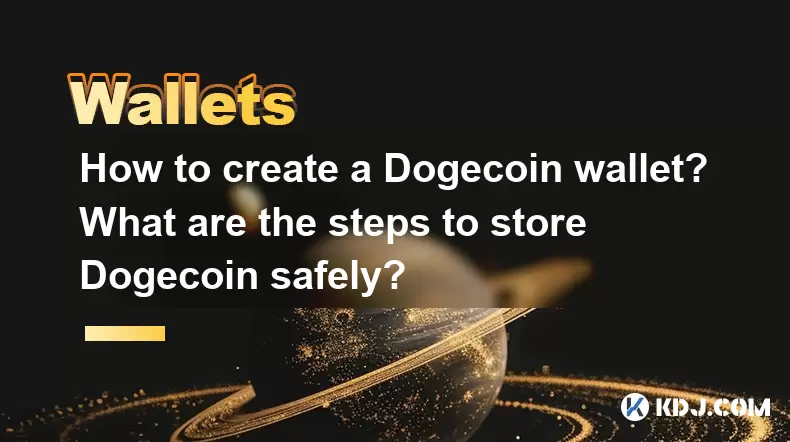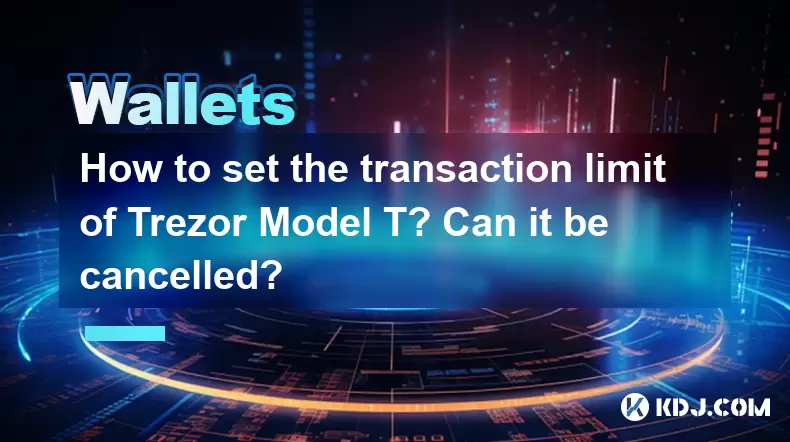-
 Bitcoin
Bitcoin $102,775.0532
3.21% -
 Ethereum
Ethereum $2,329.3928
20.41% -
 Tether USDt
Tether USDt $1.0001
-0.02% -
 XRP
XRP $2.3584
7.05% -
 BNB
BNB $631.0132
2.36% -
 Solana
Solana $164.9678
7.92% -
 USDC
USDC $0.9999
0.00% -
 Dogecoin
Dogecoin $0.2040
11.51% -
 Cardano
Cardano $0.7832
9.58% -
 TRON
TRON $0.2590
3.36% -
 Sui
Sui $3.9252
6.00% -
 Chainlink
Chainlink $15.9843
8.02% -
 Avalanche
Avalanche $23.1174
9.77% -
 Stellar
Stellar $0.2998
10.20% -
 Shiba Inu
Shiba Inu $0.0...01499
11.60% -
 Hedera
Hedera $0.1997
7.33% -
 Bitcoin Cash
Bitcoin Cash $420.9433
1.83% -
 Hyperliquid
Hyperliquid $24.5473
13.18% -
 Toncoin
Toncoin $3.2470
4.13% -
 UNUS SED LEO
UNUS SED LEO $8.7533
-0.42% -
 Litecoin
Litecoin $98.2086
6.84% -
 Polkadot
Polkadot $4.5824
7.84% -
 Monero
Monero $303.9445
4.18% -
 Pepe
Pepe $0.0...01329
44.61% -
 Dai
Dai $1.0001
-0.01% -
 Bitget Token
Bitget Token $4.5250
4.82% -
 Pi
Pi $0.7326
17.63% -
 Ethena USDe
Ethena USDe $1.0001
-0.03% -
 Uniswap
Uniswap $6.3357
21.74% -
 Bittensor
Bittensor $431.7557
6.77%
How to use your wallet safely in public places
For utmost safety when using your cryptocurrency wallet in public, select a reputable provider with a proven security record.
Feb 21, 2025 at 06:25 am

Key Points:
- Choose a reputable and secure wallet. Look for wallets that have a strong track record of security and reliability.
- Keep your private keys safe. Your private keys are the key to your cryptocurrency, so it's important to keep them safe. Never share them with anyone.
- Be aware of your surroundings. When you're using your wallet in public, be aware of your surroundings and be careful of who you're around.
- Use common sense and trust your gut. If something doesn't feel right, it's probably best to err on the side of caution and not use your wallet.
Steps to Safely Use Your Wallet in Public Places:
- Choose a reputable and secure wallet.
There are many different cryptocurrency wallets available, so it's important to do your research and choose one that is reputable and secure. Look for wallets that have a strong track record of security and reliability. Some of the most popular and secure wallets include:
- Hardware wallets: Hardware wallets are physical devices that store your private keys offline. This makes them much more secure than software wallets, which store your private keys on your computer or mobile device.
- Software wallets: Software wallets are digital wallets that store your private keys on your computer or mobile device. They are less secure than hardware wallets, but they are more convenient.
- Paper wallets: Paper wallets are physical documents that contain your public and private keys. They are the most secure type of wallet, but they are also the most inconvenient.
- Keep your private keys safe.
Your private keys are the key to your cryptocurrency, so it's important to keep them safe. Never share them with anyone. If someone has your private keys, they can access your cryptocurrency and steal it.
There are a few different ways to keep your private keys safe:
- Use a hardware wallet. Hardware wallets store your private keys offline, making them much more secure than software wallets.
- Store your private keys on a paper wallet. Paper wallets are also very secure, but they are less convenient than hardware wallets.
- Memorize your private keys. If you memorize your private keys, you can access your cryptocurrency even if you lose your hardware or software wallet. However, it's important to note that if you forget your private keys, you will lose access to your cryptocurrency.
- Be aware of your surroundings.
When you're using your wallet in public, be aware of your surroundings and be careful of who you're around. Be especially careful of people who are trying to get close to you or who are asking you about your cryptocurrency.
Here are a few things to watch out for:
- Don't let anyone see your private keys. If someone sees your private keys, they can access your cryptocurrency and steal it.
- Be careful of phishing scams. Phishing scams are emails or websites that look like they're from a legitimate company, but are actually fake. These scams try to trick you into giving up your private keys.
- Don't trust anyone who offers to help you with your cryptocurrency. If someone offers to help you with your cryptocurrency, it's probably a scam.
- Use common sense and trust your gut.
If something doesn't feel right, it's probably best to err on the side of caution and not use your wallet. Here are a few things to keep in mind:
- If you're in a crowded place, be extra careful. Crowds are a common place for thieves to target people who are using their wallets.
- If someone is trying to get close to you or is asking you about your cryptocurrency, be suspicious. It's important to be aware of your surroundings and to be careful of who you're around.
- If you're not sure whether or not something is a scam, don't do it. It's always better to be safe than sorry.
Additional tips for using your wallet safely in public places:
- Use a password manager to store your wallet password. This will help you to keep your password safe and secure.
- Enable two-factor authentication on your wallet. This will add an extra layer of security to your wallet.
- Be careful when connecting to public Wi-Fi networks. Public Wi-Fi networks can be hacked, so it's important to be careful when using them. If possible, use a VPN when connecting to a public Wi-Fi network.
- Be aware of social engineering attacks. Social engineering attacks are attacks that try to trick people into giving up their personal information. Be careful of people who are trying to get close to you or who are asking you about your cryptocurrency.
FAQs:
- What are the most common ways to lose cryptocurrency?
The most common ways to lose cryptocurrency are:
- Hacking: Hackers can gain access to your cryptocurrency by exploiting vulnerabilities in your wallet or by stealing your private keys.
- Phishing scams: Phishing scams are emails or websites that look like they're from a legitimate company, but are actually fake. These scams try to trick you into giving up your private keys.
- Malware: Malware is software that can infect your computer or mobile device and steal your cryptocurrency.
- Social engineering attacks: Social engineering attacks are attacks that try to trick people into giving up their personal information. Be careful of people who are trying to get close to you or who are asking you about your cryptocurrency.
- How can I protect my cryptocurrency from being stolen?
There are a few things you can do to protect your cryptocurrency from being stolen:
- Use a secure wallet. Choose a wallet that has a strong track record of security and reliability.
- Keep your private keys safe. Never share your private keys with anyone.
- Be aware of your surroundings. When you're using your wallet in public, be aware of your surroundings and be careful of who you're around.
- Use common sense and trust your gut. If something doesn't feel right, it's probably best to err on the side of caution and not use your wallet.
- What should I do if I lose my cryptocurrency?
If you lose your cryptocurrency, there are a few things you can do:
- Contact the exchange or wallet provider. They may be able to help you recover your cryptocurrency.
- File a police report. This will create a record of your loss, which may be helpful in recovering your cryptocurrency.
- Hire a private investigator. A private investigator may be able to help you track down your cryptocurrency.
Disclaimer:info@kdj.com
The information provided is not trading advice. kdj.com does not assume any responsibility for any investments made based on the information provided in this article. Cryptocurrencies are highly volatile and it is highly recommended that you invest with caution after thorough research!
If you believe that the content used on this website infringes your copyright, please contact us immediately (info@kdj.com) and we will delete it promptly.
- Rexas Finance (RXS) Is Silently Emerging from the Shadow of Ripple (XRP) to Become the New Titan
- 2025-05-09 18:05:13
- Solana (SOL) Doesn't Have the "Convincing Signs" to Overtake Ethereum (ETH) as the Blockchain of Choice for Institutions
- 2025-05-09 18:05:13
- Bitcoin Breaking $100,000 Officially Triggers the Next Leg of the Crypto Bull Market
- 2025-05-09 18:00:45
- The crypto market braces for significant movements as more than $3 billion in Bitcoin and Ethereum options expire today.
- 2025-05-09 18:00:45
- Multimodal AI Evolves to Create Systems That Can Understand, Generate and Respond Using Multiple Data Types
- 2025-05-09 17:55:13
- The "major" trade deal, in President Donald Trump's words
- 2025-05-09 17:55:13
Related knowledge

How to create a Dogecoin wallet? What are the steps to store Dogecoin safely?
May 09,2025 at 05:07pm
Creating a Dogecoin wallet and ensuring the safety of your Dogecoin are essential steps for anyone interested in participating in the cryptocurrency ecosystem. Dogecoin, originally created as a meme-inspired cryptocurrency, has gained significant traction and requires secure management to protect your investments. This article will guide you through the...

How to set the transaction limit of Trezor Model T? Can it be cancelled?
May 09,2025 at 10:35am
Setting the transaction limit on a Trezor Model T is an essential feature for users who want to enhance their security and manage their cryptocurrency transactions more effectively. This guide will walk you through the detailed steps to set a transaction limit on your Trezor Model T, as well as how to cancel it if needed. Understanding Transaction Limit...

How to generate a new address with Trezor Model T? Is there an upper limit?
May 09,2025 at 07:36am
Introduction to Trezor Model TThe Trezor Model T is a highly respected hardware wallet in the cryptocurrency community, known for its robust security features and user-friendly interface. It supports a wide range of cryptocurrencies and allows users to manage their digital assets securely. One of the essential functions of any hardware wallet is the abi...

How to enable Tor for Trezor Model T? Will the speed be slower?
May 09,2025 at 05:14pm
Enabling Tor on your Trezor Model T provides an additional layer of privacy and security by routing your transactions through the Tor network. This guide will walk you through the process of enabling Tor on your Trezor Model T and discuss the potential impact on transaction speed. Preparing Your Trezor Model T for TorBefore you begin, ensure that your T...

How to receive Ethereum with Trezor Model T? Where is the address?
May 09,2025 at 06:28am
Receiving Ethereum with a Trezor Model T involves a few straightforward steps that ensure your transactions are secure and your private keys are protected. The Trezor Model T is a popular hardware wallet that supports Ethereum and a variety of other cryptocurrencies. Let's explore how you can receive Ethereum on this device and locate your Ethereum addr...

How to set the PIN code of Trezor Model T? Can it be changed?
May 09,2025 at 07:29am
Setting up and managing the PIN code on your Trezor Model T is an essential aspect of securing your cryptocurrency. The PIN code acts as a primary layer of security, ensuring that only you can access your funds. In this article, we will guide you through the process of setting up your initial PIN code and changing it if necessary. We will also discuss t...

How to create a Dogecoin wallet? What are the steps to store Dogecoin safely?
May 09,2025 at 05:07pm
Creating a Dogecoin wallet and ensuring the safety of your Dogecoin are essential steps for anyone interested in participating in the cryptocurrency ecosystem. Dogecoin, originally created as a meme-inspired cryptocurrency, has gained significant traction and requires secure management to protect your investments. This article will guide you through the...

How to set the transaction limit of Trezor Model T? Can it be cancelled?
May 09,2025 at 10:35am
Setting the transaction limit on a Trezor Model T is an essential feature for users who want to enhance their security and manage their cryptocurrency transactions more effectively. This guide will walk you through the detailed steps to set a transaction limit on your Trezor Model T, as well as how to cancel it if needed. Understanding Transaction Limit...

How to generate a new address with Trezor Model T? Is there an upper limit?
May 09,2025 at 07:36am
Introduction to Trezor Model TThe Trezor Model T is a highly respected hardware wallet in the cryptocurrency community, known for its robust security features and user-friendly interface. It supports a wide range of cryptocurrencies and allows users to manage their digital assets securely. One of the essential functions of any hardware wallet is the abi...

How to enable Tor for Trezor Model T? Will the speed be slower?
May 09,2025 at 05:14pm
Enabling Tor on your Trezor Model T provides an additional layer of privacy and security by routing your transactions through the Tor network. This guide will walk you through the process of enabling Tor on your Trezor Model T and discuss the potential impact on transaction speed. Preparing Your Trezor Model T for TorBefore you begin, ensure that your T...

How to receive Ethereum with Trezor Model T? Where is the address?
May 09,2025 at 06:28am
Receiving Ethereum with a Trezor Model T involves a few straightforward steps that ensure your transactions are secure and your private keys are protected. The Trezor Model T is a popular hardware wallet that supports Ethereum and a variety of other cryptocurrencies. Let's explore how you can receive Ethereum on this device and locate your Ethereum addr...

How to set the PIN code of Trezor Model T? Can it be changed?
May 09,2025 at 07:29am
Setting up and managing the PIN code on your Trezor Model T is an essential aspect of securing your cryptocurrency. The PIN code acts as a primary layer of security, ensuring that only you can access your funds. In this article, we will guide you through the process of setting up your initial PIN code and changing it if necessary. We will also discuss t...
See all articles






















































































